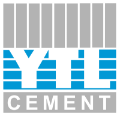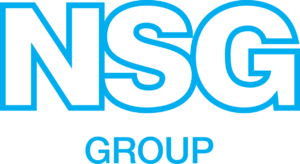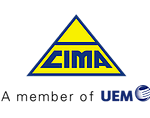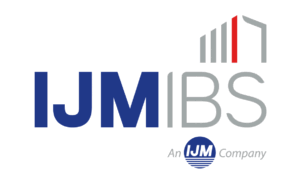This site
is mobile
responsive
Building Technology
Malaysia’s Non-Metallic Mineral industry produces the best ingredients and raw materials for high technology glass, advanced ceramics, and others.
The applications of IBS enhance construction productivity and quality by reducing time, costs, and on-site waste. Prefabricated components are environmentally friendly and enhance safety.
Malaysia’s Non-Metallic Mineral industry centres on the manufacturing of glass, ceramics and clay-based products, cement, concrete and other products such as silica sand, kaolin, lime products, marble, quartz, and granite.
Potential investors in Malaysia’s non-metallic mineral products sector seeking to leverage innovation may find value in focusing on sustainable and eco-friendly manufacturing practices.
At present, despite the challenges of upholding ESG compliance in the cement industry and limestone products sector, proactive measures and innovative solutions are being implemented to mitigate these issues, fostering sustainability, environmental responsibility, and social well-being within the industry. Substantial greenhouse gas emissions linked to cement and limestone manufacturing processes are being actively tackled by companies through investments in carbon capture and storage technologies, the adoption of alternative fuels such as biomass, and the implementation of energy-efficient strategies.
Malaysia boasts a wealth of exceptional ingredients and raw materials for investors to capitalise on, notably high/ultra purity silica sand, that lend themselves to the advancement of specialty glass and smart glass innovations. MIDA is actively fostering investments in this area, given the diverse applications that span optics, augmented and virtual reality, pharmaceuticals, and semiconductors.
For more statistics, please click here.
The Industrialised Building System (IBS) is the process of creating and assembling prefabricated buildings and also referred to as prefabricated construction, modern construction methods (MMC), and off-site construction. IBS, according to the Construction Industry Development Board (CIDB), involves manufacturing components in a controlled environment (on-site or off-site), then transporting, positioning, and assembling them into a structure with minimal on-site work.
IBS industry exports their products primarily to Singapore, Europe, the PRC, India, and Saudi Arabia.
Despite some challenges in the industry, there are emerging opportunities that promote the adoption of IBS. These opportunities stem from labour shortages and increasing material costs. One such opportunity involves the utilisation of Building Information Modelling (BIM), a technology and process for creating digital information models during construction, which has the potential to reduce planning and design time by up to 15-20%. BIM adoption could be pivotal for advancing construction, enhancing productivity and efficiency.
Prospective IBS investors should consider adopting automation, digitalisation, and ESG policies, while investing in upskilling and expertise training. These steps are essential for industry transformation and staying current with emerging demands.
Additive Manufacturing (AM) streamlines the IBS supply chain by autonomously producing components from digital designs, minimising human involvement for heightened efficiency, reduced errors, and improved environmental impact on construction sites. AM aligns with the Industry 4.0 policy, capitalising on associated initiatives and incentives, like Automation Capital Allowance, and Reinvestment Allowance.

YTL Cement Berhad

Kim Hin Industry Berhad

SCHAEFER KALK
(Malaysia) Sdn Bhd
![]()
Nippon Electric Glass (M) Sdn Bhd

Xinyi Glass Holdings Limited

Kibing Group (M) Sdn Bhd

Gamuda Industrial Building
System Sdn Bhd

Altech Chemicals Sdn Bhd

White Horse Ceramic
Industries Sdn Bhd

Malaysia Sheet
Glass Sdn Bhd (NSG Group)

Cement Industries
of Malaysia Berhad

IJM IBS Sdn Bhd
In 1992, CRT glass manufacturing was successfully established in Malaysia on the back of a highly skilled workforce, stable supply of utilities, well maintained infrastructure, generous investment incentives and strong support from Government bodies.